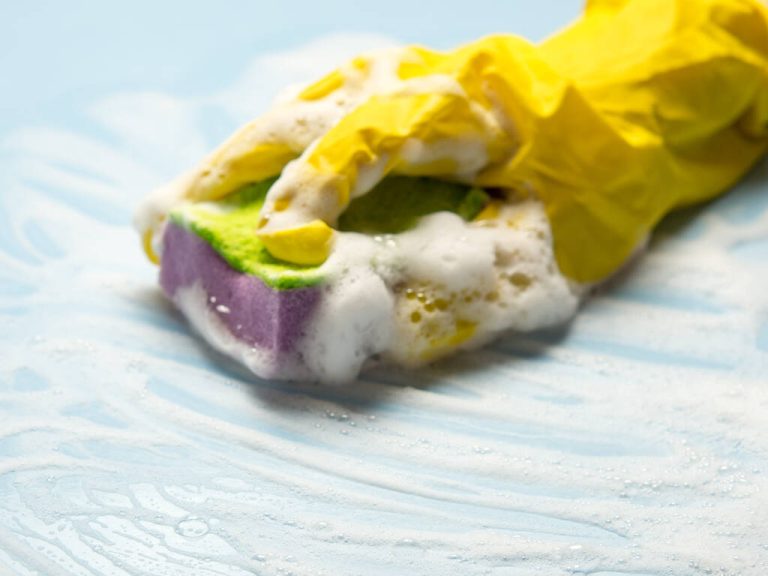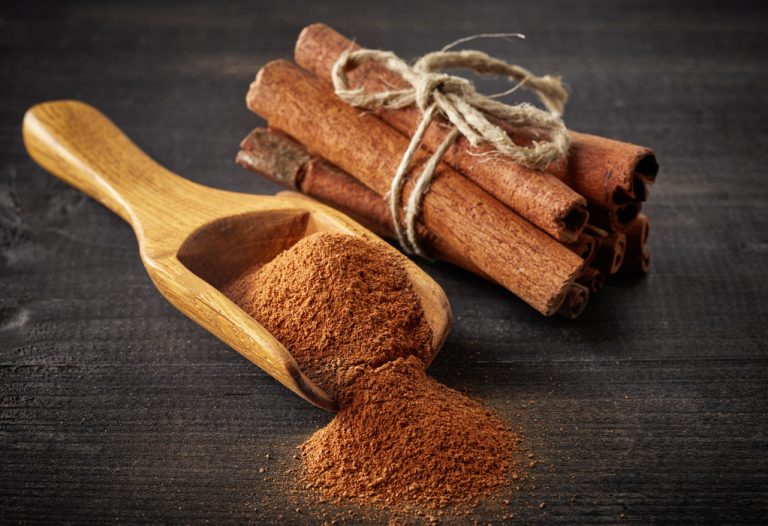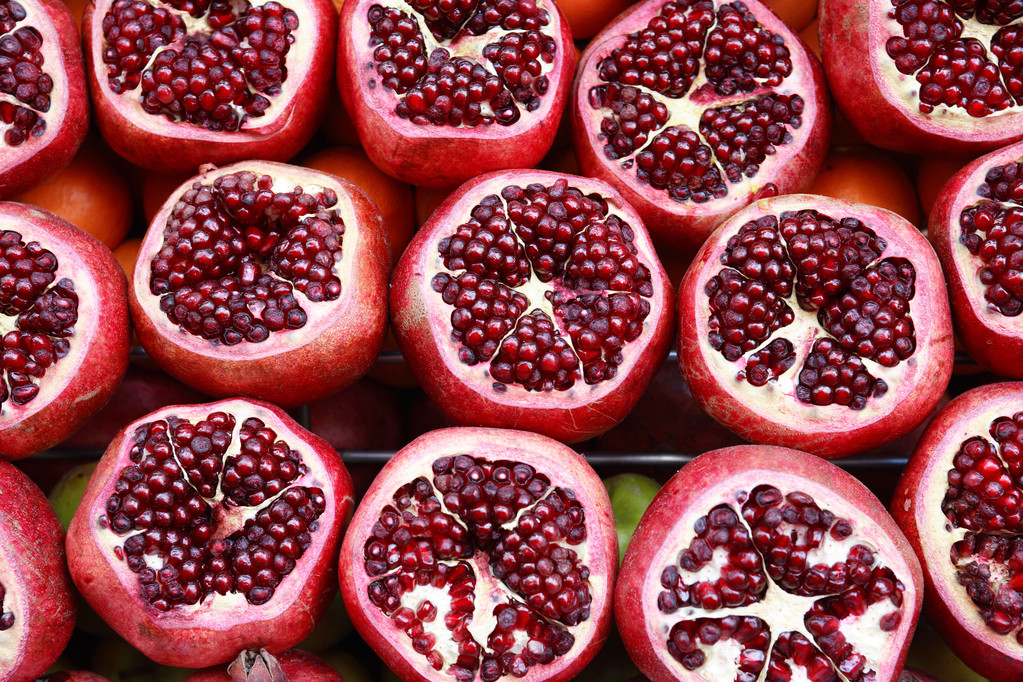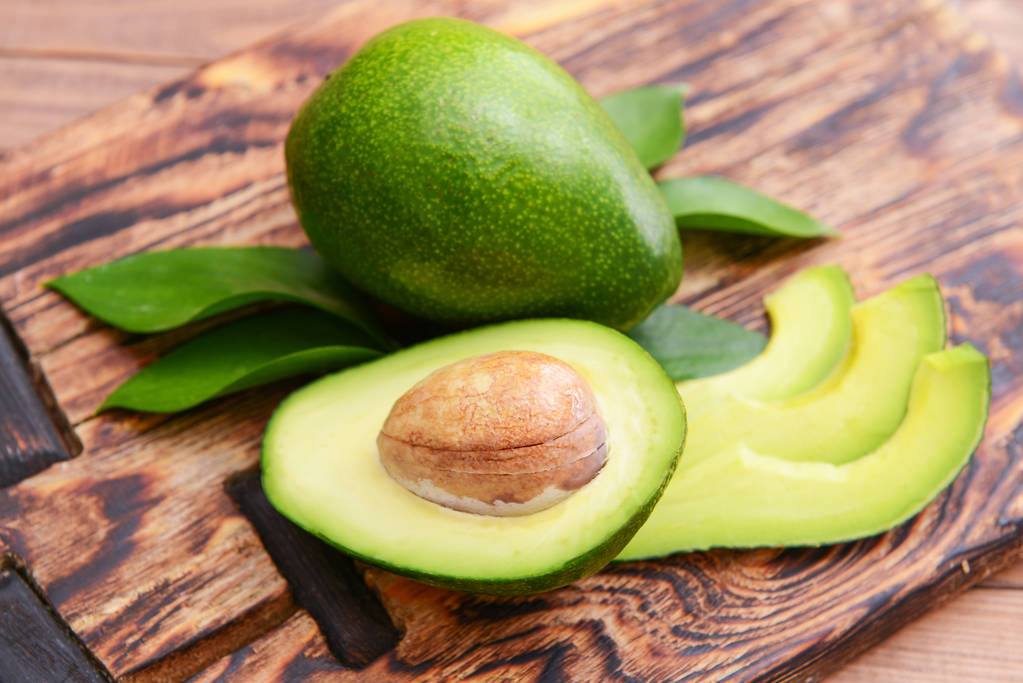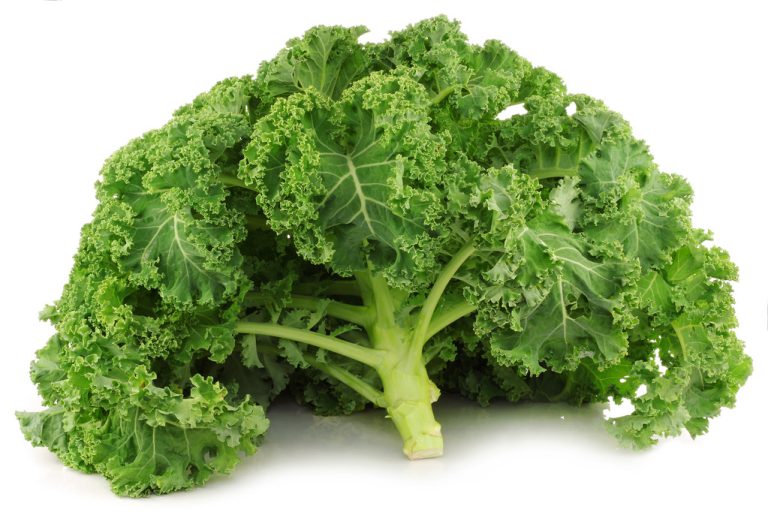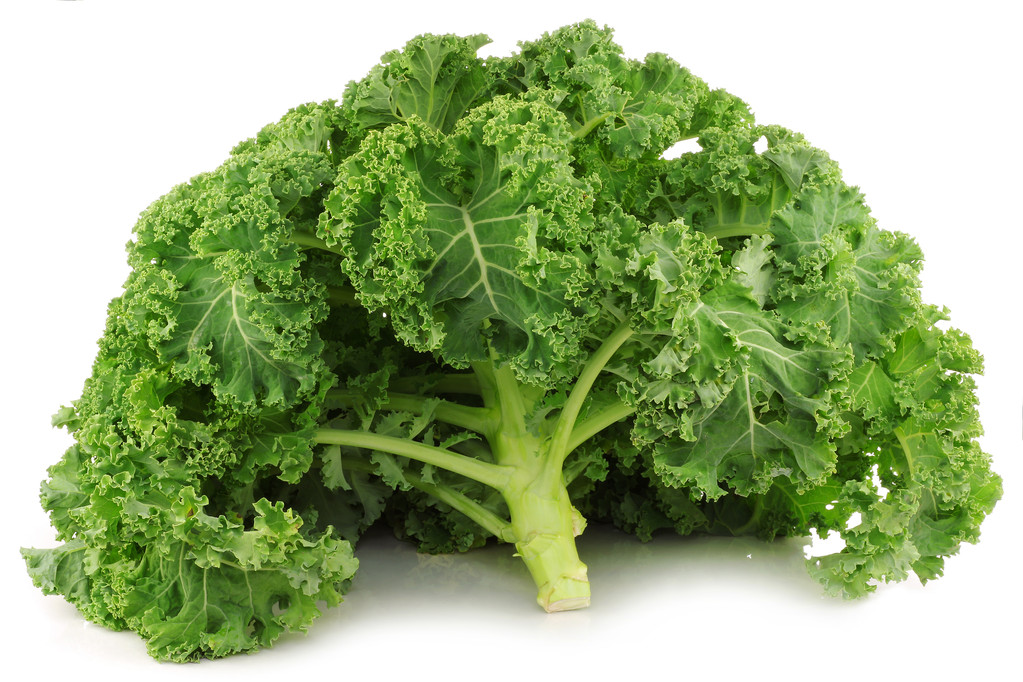You can do a lot for your health with the right spices: We present eight spices that you should definitely use in your kitchen – and explain the benefits.
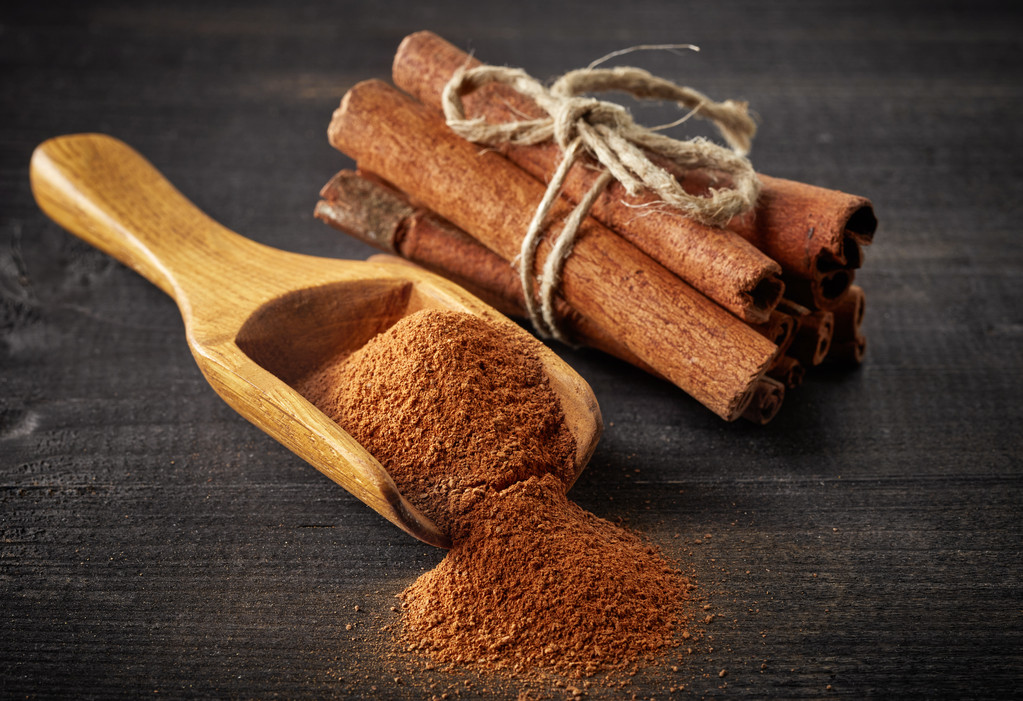
Health: You should use these 8 spices in the kitchen
If you want to do something for your health, you have to start with your diet. Best with the smallest part, the spices. We’ll tell you 8 healthy spices that are real miracle weapons and that you should definitely use when cooking.
#1 Cinnamon – from antibacterial to mood-enhancing
In the approaching Advent season, cinnamon is being used again in a wide variety of Christmas cookies and is literally on everyone’s lips – the spicy-sweet aroma is simply too delicious and is available in the form of powder or sticks. Cinnamon can be divided into the sweeter Ceylon cinnamon, which is grown in Sri Lanka, and the spicier Cassia cinnamon, which is grown in China, Indonesia and Vietnam, among other places. Ceylon cinnamon* is healthier because it contains less coumarin, which is harmful to health in high doses.
But now to the health-promoting properties of cinnamon: Among other things, the spice is able to relieve cramps, promote blood circulation and also has a positive effect on mood. In addition, the cinnamon has an antibacterial effect, for which the substance eugenol is responsible. For this reason, cinnamon is also used in dental care to have a stimulating effect on the brain and thought processes.
#2 Anise promotes digestion
Anise is an integral part of the Christmas kitchen in this country – but the spice also offers many advantages for our health, explains the Institute for Health Prevention. The miracle spice tastes sweet but still spicy and can be used in both desserts and savory dishes. Healthy ingredients found in aniseed include anethole, anisic acid and eugenol.
If you suffer from indigestion and flatulence, you can confidently reach for aniseed tea – this is often available in combination with fennel and caraway seeds, which have a similar effect. But anise is also recommended for external use: in the form of a massage oil, the spice can relieve tension and promote blood circulation. Anise is effective for an infection with a cough and sore throat
#3 Cloves help with inflammation
The Asklepios clinics advise that you should also integrate cloves into your healthy cuisine. They are often used in Christmas dishes and also in dishes that are difficult to digest. They originally come from the Indonesian islands of Moluccas and are now grown in tropical climates, mostly near the sea. They have nothing in common with the flowers of the same name and grow as flower buds on the clove tree.
The health-promoting effect of cloves is mainly related to the essential oil eugenol, which is also found in cinnamon. Cloves have a slightly anesthetic effect and protect our health with the antioxidants they contain. Cloves also work wonders for inflammation: They can be used for cystitis, among other things. The cloves can also help with acne or a parasite infestation. They also have a preventive effect against flatulence and a feeling of fullness.
#4 Nutmeg is good for digestion and nerves
Nutmeg is particularly suitable for hearty dishes and for vegetable dishes. There are some health benefits that speak for nutmeg, such as the positive effect it has on our mind and nerves. According to Eatsmarter, the substances safrole, elimicin and myristicin contained in nutmeg have a calming effect on our psyche and ensure inner peace
Last but not least, the spice should even be for a
#5 Turmeric helps with many ailments
This tuber is mainly used in Asian cuisine: turmeric. This spice can be assigned to the ginger family, but does not taste as hot as ginger. Among other things, turmeric*
The essential oils and the polyphenol curcumin are primarily health-promoting. These have an antibacterial and antioxidant effect: There are studies that equate the effects of turmeric with the effects of drugs such as aspirin or ibuprofen. But turmeric can do even more: The curcumin it contains is also said to have an anti-cancer effect and have a positive effect on the brain. As a result, turmeric can be used, for example, in the treatment of Alzheimer’s. In addition, stomach and digestive problems as well as heart diseases can be counteracted – a real miracle spice!
#6 Stressed? Try saffron
Saffron is also valuable for health: The exclusive spice gives food a golden yellow color and boasts all sorts of health benefits. According to the Health Center, the red threads are extracted from a crocus flower (Crocus sativus), which is native to the Mediterranean and Middle East. Saffron can be bought whole or ground as a powder. Among other things, saffron is known to increase potency: Studies show that taking saffron can in some cases correct erectile dysfunction. In addition, the miracle spice is said to be a remedy for premenstrual syndrome
But saffron does even more for our health: If you want to lose weight, you can confidently rely on the red spice, because it curbs the appetite, provides an early feeling of satiety and thus ensures weight loss. Furthermore, saffron is good for the stomach and intestines: it promotes digestion and relieves gas and bloating. In addition, our liver enjoys the healthy bitter substances contained in saffron. Even those who suffer from mild depression should take a look at saffron, because it is considered a natural antidepressant
#7 Cardamom helps with digestion
Cardamom also belongs to the ginger family. In addition to saffron and vanilla, it is also one of the most expensive spices in the world. Cardamom can also contribute to our health: The essential oils contained in the spice primarily have a positive effect on our digestive system and help with flatulence and digestive problems.
Even those who suffer from stomach cramps can get relief by eating cardamom. A tea made from crushed cardamom works best here. And even if you have bad breath, this miracle spice is recommended – to get rid of the smell, you should chew on the cardamom.
#8 Ginger has an antibacterial effect and promotes blood circulation
The ginger root is also enjoying increasing popularity with its health-promoting properties. Ginger belongs to the spice lily family and has its origins in the rain forests of East Asia. Young ginger, which is less spicy than older ginger roots, is used as a whole root when cooking – these are primarily ground into powder and used as a spice. Tip: The larger the ginger root, the hotter it is. Ginger boasts all sorts of health-promoting properties: it has a total of 500 healthy ingredients, such as essential oils, so-called gingerols.
The pungent substances it contains, the shogaols, vitamin C, B vitamins and minerals such as iron, magnesium and potassium also promote health. The pungent substances it contains stimulate blood circulation and metabolism. If you suffer from a cold or an infection, you will benefit from the antibacterial effect of ginger: inflammation is inhibited and pathogens are killed. Similar to turmeric, ginger is also said to have an analgesic effect, which is why it can also be used in the treatment of . In addition, the miracle tuber can also be used for nausea and digestive problems.
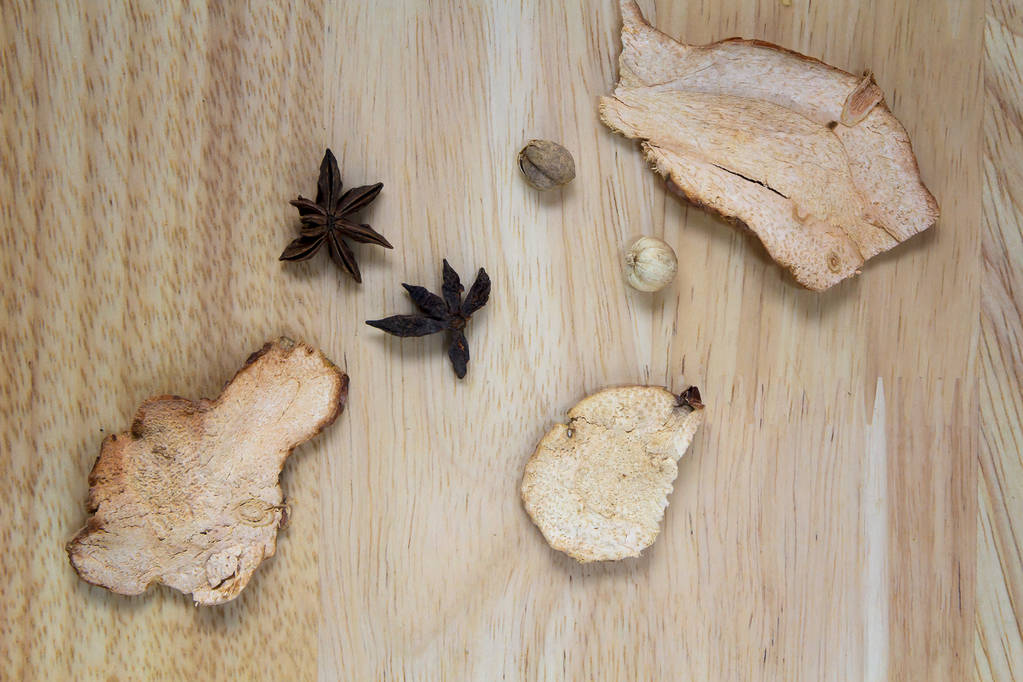
Conclusion: With these 8 spices you promote your health
Good nutrition is essential for health: you can do a lot for it just by using the right spices. You should definitely include the eight healthy spices we have presented in your diet if you haven’t already done so. They have numerous health-promoting properties, such as reducing cramps and phlegm, relieving pain, elevating the mood in mild depression and many more.










